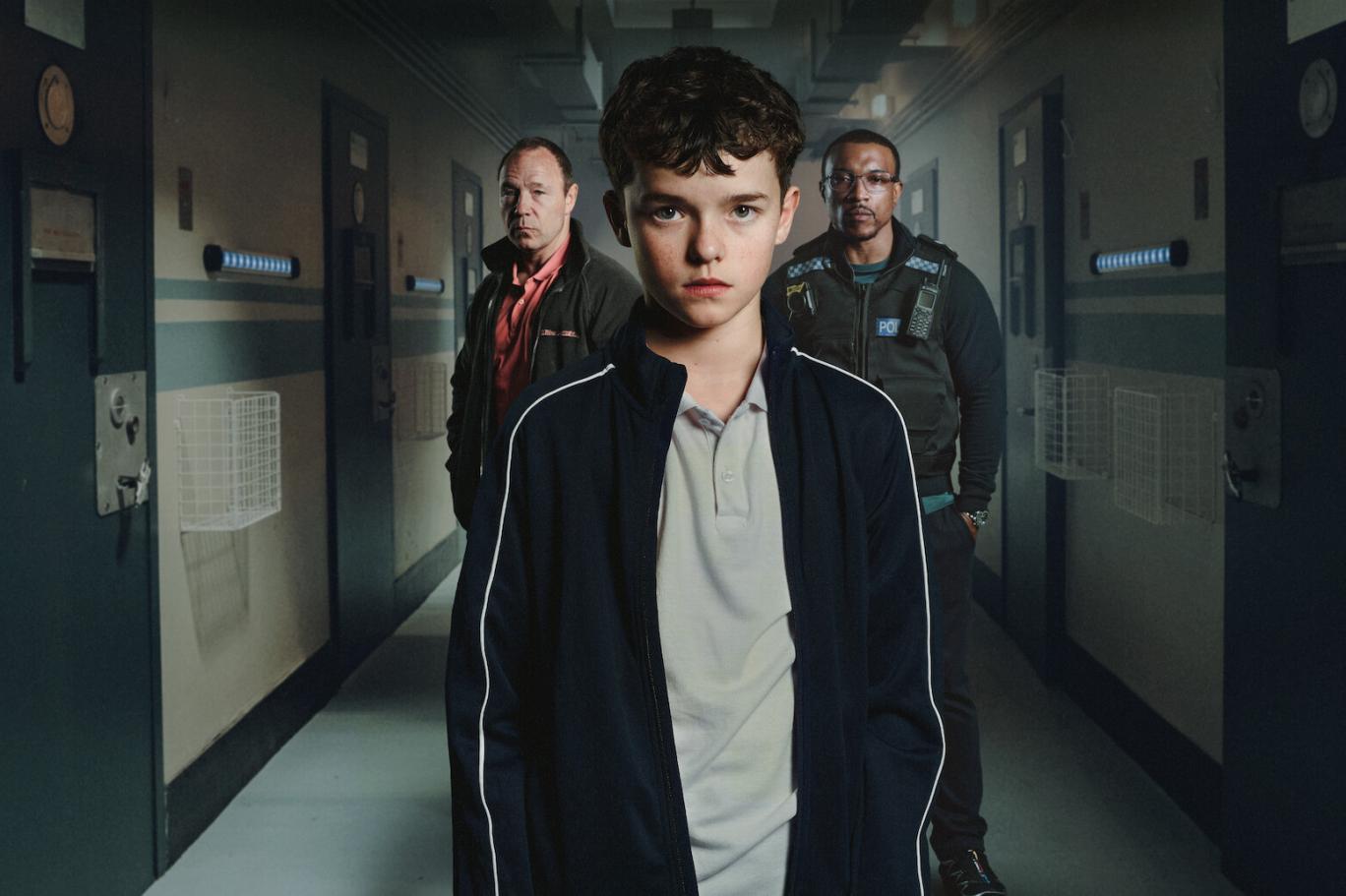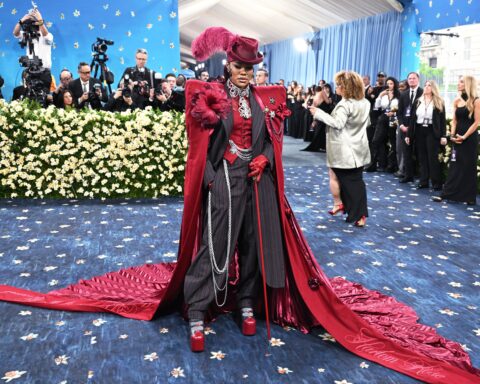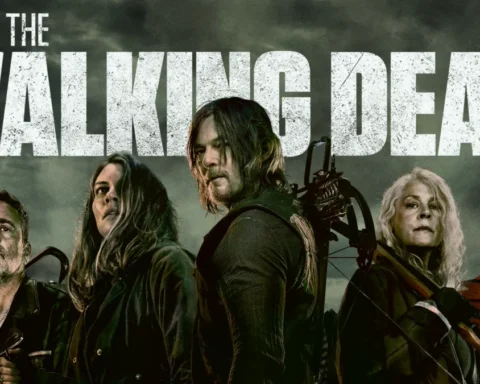Adolescence: The British Drama Everyone’s Talking About
The British-made Adolescence is currently the show on everyone’s lips—and for good reason. Its bold exploration of toxic masculinity and dysfunctional family dynamics, paired with outstanding performances by the likes of Stephen Graham and Erin Doherty, make it a rare gem. Add to that the mesmerizing use of long, single-take shots in every episode, and you’ve got a series that captivates from start to finish. But the show’s appeal goes beyond its technical and thematic achievements. Adolescence has won hearts because it’s a truly unique piece of television—something rarely seen even in today’s golden age of TV.
If you’ve stumbled upon this article, chances are you’ve already watched Adolescence. But for those who haven’t: the series begins with 13-year-old Jamie Miller being taken into custody, accused of killing a classmate. Over the course of four intense episodes, we witness the ripple effects of this incident—at school, within the police investigation, and most powerfully, inside Jamie’s family. Stephen Graham, who plays Jamie’s father, is also one of the show’s co-creators.
Seeing Graham—one of the finest actors the UK has ever produced—on the cast list is reason enough to expect something remarkable. His creative partner on the show, Jack Thorne, is an equally seasoned and celebrated writer. Together, they’ve delivered something truly powerful.
Having already made its mark on 2025, Adolescence lays bare the fragility of youth, the tension that simmers behind closed doors, and the unforgiving nature of the justice system—all in just four episodes. If Jamie’s story left a lasting impression and you’re looking for equally intense dramas, this list is for you. Ready? Let’s dive into the heart of darkness.
Criminal: UK — A Masterclass in Psychological Tension (2019)
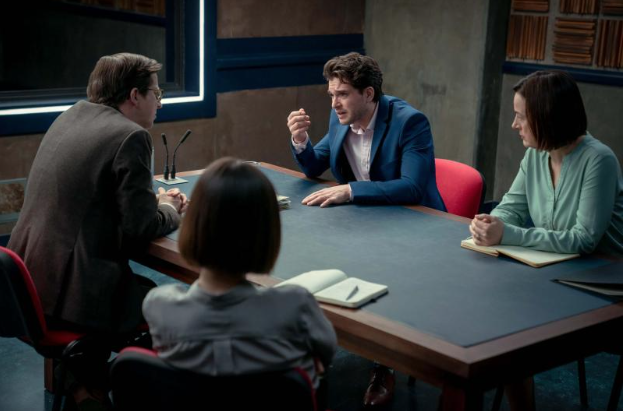
Criminal: United Kingdom manages to pin viewers to their seats with nothing more than four walls, a table, and two opposing sides. Taking place entirely within the confines of an interrogation room, this minimalist series strips away distractions and amplifies the psychological warfare between detectives and suspects. Each episode revolves around a different case, but what remains constant is the intensity—driven not by action or spectacle, but by the uncertainty of human behavior and the unspoken weight behind every word, glance, or silence.
Much like Adolescence, Criminal: UK isn’t just about solving a crime—it’s about exposing how fragile and elusive truth can be. With powerhouse performances by David Tennant, Kit Harington, and Hayley Atwell, the series plunges the audience into a moral gray zone. One moment you’re empathizing with a suspect, the next you’re recoiling in discomfort. The show masterfully blurs the lines between guilt and innocence, justice and manipulation.
Despite its single-location setting, every episode is meticulously crafted, carrying a theatrical intensity that refuses to let go. It not only delves into the minds of the suspects but also unpacks the personal tensions and ethical dilemmas simmering among the detectives themselves.
Criminal: UK is a striking reminder that compelling storytelling doesn’t need elaborate sets or complex plots. In a room where truth and lies constantly trade places, you inch closer to the answer—but never quite reach certainty.
For fans of crime dramas and psychologically rich narratives, this is an unmissable experience.
Glue — Where Youth Meets Darkness
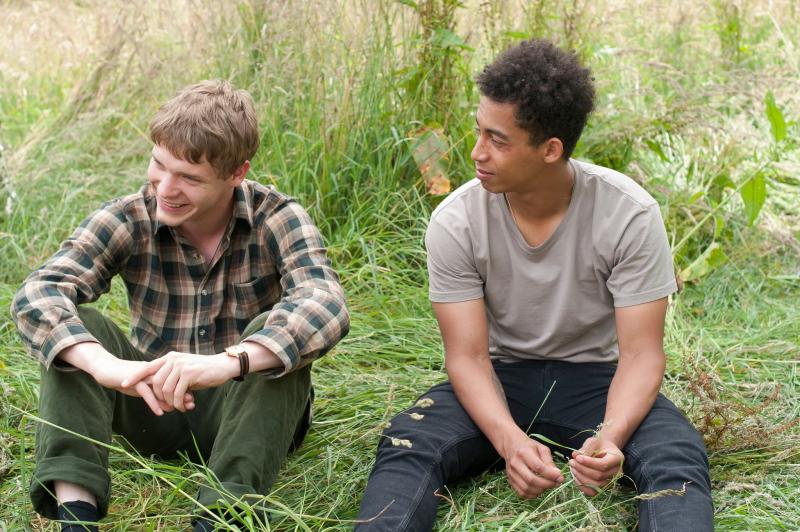
Glue blends the energy of a coming-of-age drama with the tension of a crime story, exposing the darkness that lies beneath seemingly ordinary lives. Much like Adolescence, Glue reveals how even the most pastoral or mundane settings can be laced with rot and buried secrets.
In Glue, the quiet charm of the British countryside is shattered by the sudden death of a young boy, while Adolescence peels back the façade of suburban comfort to uncover a deep psychological collapse. In both series, youth is not portrayed as carefree or innocent—but rather as a landscape of repressed trauma, grief, and silence. The friendships that surround the main characters aren’t built on trust, but woven with suspicion.
Here, crime doesn’t lurk on the margins—it pierces straight through the heart of everyday life, leaving viewers to wrestle with one haunting question: Where does true evil hide?
Jack Thorne, co-creator of Adolescence, also crafted the unsettling atmosphere of Glue—and the psychological tension in both shows is unmistakably connected. The result is a pair of dramas that shine a harsh light on the fragility of youth, leaving audiences with a lump in their throat and a knot in their stomach.
13 Reasons Why — A Haunting Reflection of Teenage Turmoil
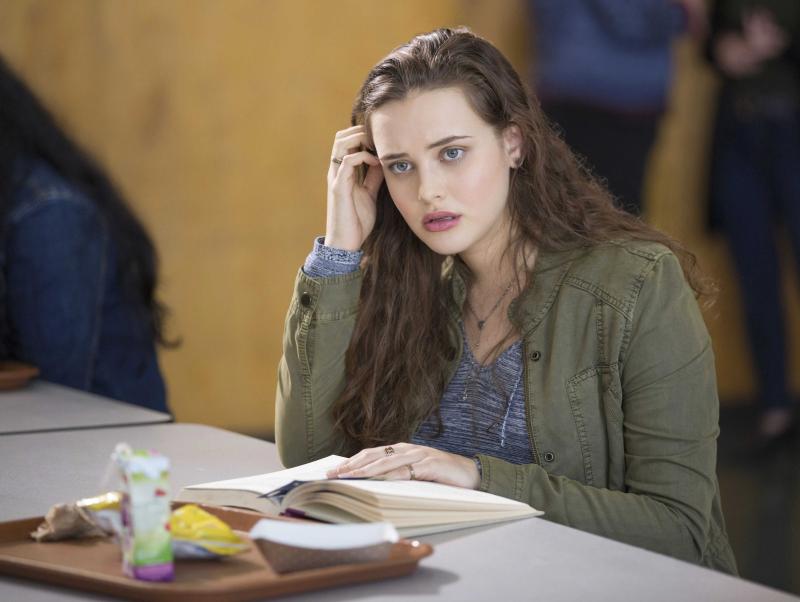
Among Netflix’s groundbreaking youth dramas, 13 Reasons Why stands out for its unflinching portrayal of deeply taboo subjects. With a raw and direct approach, the series tackled the darkest corners of adolescence—bullying, suicide, sexual assault, and emotional trauma—delivering a gut-punch to viewers while holding a mirror to society’s failures.
Much like Adolescence, 13 Reasons Why delves deep into the inner conflicts of high school students, unraveling their tangled relationships and the lingering scars of trauma. Its narrative unfolds through a series of cassette tapes left behind by a teenage girl who took her own life, each revealing a painful piece of the truth.
Both shows are anchored by powerful performances and a heavy, brooding atmosphere that leaves a lasting emotional imprint. Where 13 Reasons Why gave voice to a generation silenced by stigma, Adolescence emerges as a new-age elegy—illuminating the psychological labyrinths of today’s youth with unsettling precision.
Defending Jacob — A Family on Trial
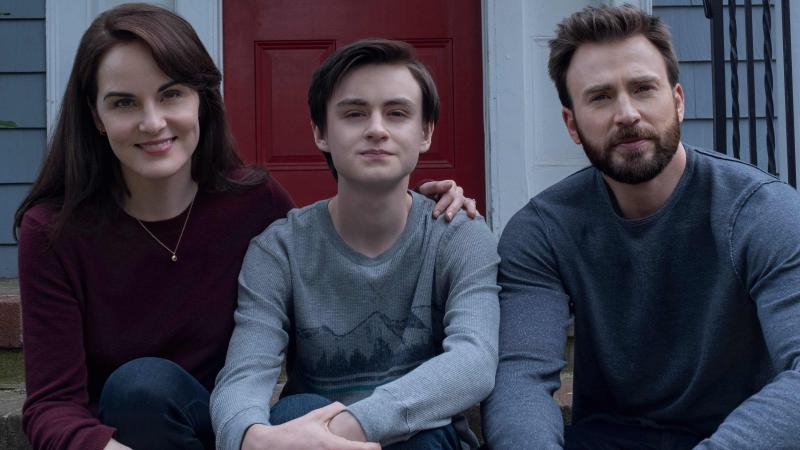
Much like Adolescence, Defending Jacob is a gripping drama centered on the psychological unraveling of a family after their child is accused of murder. Adapted from William Landay’s best-selling novel, the series follows the Barber family as they are thrust into a nightmare of suspicion, shame, and moral ambiguity. With emotionally charged performances by Chris Evans and Michelle Dockery, the show constantly forces viewers to grapple with a single, haunting question:
Did he really do it?
Each episode slowly layers tension, peeling back the family’s inner guilt, crumbling relationships, and the suffocating weight of public judgment. Like Adolescence, Defending Jacob masterfully exposes the darker side of the justice system, the fragility of parental belief, and the corrosive power of doubt.
This isn’t just a crime story—it’s a portrait of a family teetering on the edge. While its pacing can at times feel slow, the deliberate tempo only deepens the show’s bleak and immersive atmosphere. Released in the early days of the pandemic in 2020, it may have slipped under the radar, but for those seeking a similarly intense and emotional experience after Adolescence, Defending Jacob is a must-watch.
Unbelievable — A Quiet Scream for Justice
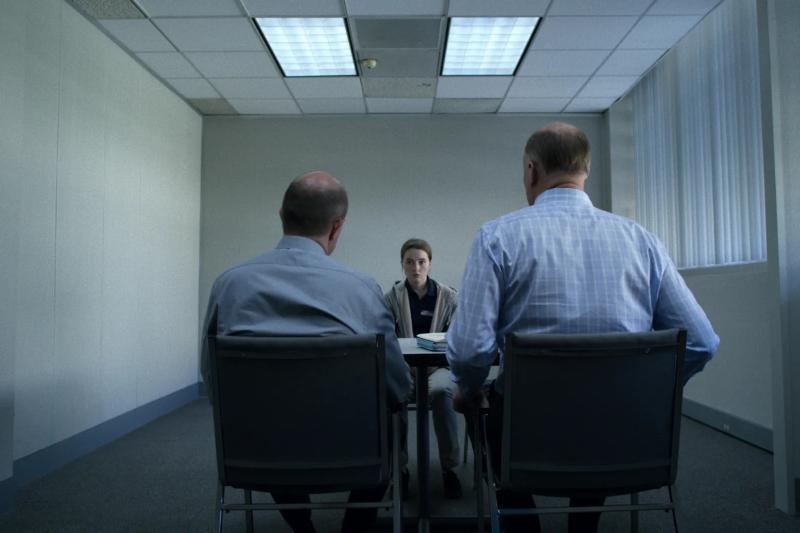
Unbelievable stands as one of the most harrowing and powerful crime dramas of recent years—and unlike Adolescence, it’s based on a true story. This Netflix production lays bare the silent scream of an abandoned victim and the ruthless shortcomings of the justice system. With extraordinary performances from Kaitlyn Dever, Toni Collette, and Merritt Wever, the series delivers a heart-wrenching story that still manages to sprinkle in glimmers of hope.
The overwhelming sense of injustice that permeates the first episode slowly begins to unravel as two determined detectives step in, piece by piece restoring not only the truth but also the viewer’s shaken faith in human decency.
Created by Susannah Grant, Ayelet Waldman, and Michael Chabon, Unbelievable is far more than a crime drama—it’s a sharp, unflinching critique of how women are systemically silenced and rendered invisible. It explores themes of injustice, trauma, and solidarity with emotional depth and nuance, prompting viewers not only to feel outrage but to reflect, to care, and perhaps even to act.
For those still haunted by the emotional depth of Adolescence, Unbelievable offers a kindred experience—an unforgettable narrative, a meticulous search for justice, and a moving reminder of resilience in the face of cruelty.
Mare of Easttown — A Masterclass in Human-Centered Crime Drama
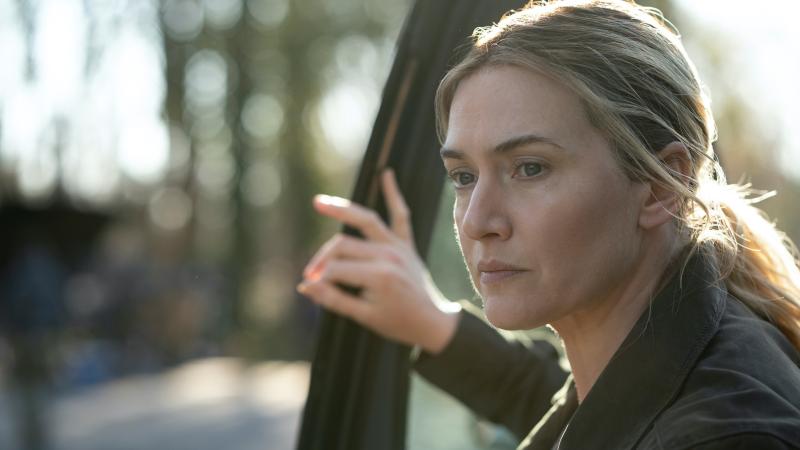
To watch Mare of Easttown, one reason is enough: Kate Winslet. In what is arguably one of the most powerful performances of her Oscar-winning career, Winslet breathes life into Detective Mare Sheehan, anchoring a story about a small-town murder and the emotional shockwaves it sends through an entire community.
Much like the characters in Adolescence, Mare is forced to confront not only a brutal crime but also her own deeply buried traumas and fractured family relationships. The series goes far beyond a whodunit—it’s a nuanced exploration of how a close-knit town grapples with grief, guilt, and long-simmering shame.
The show distinguishes itself through its rich, layered portrayal of female characters and emotionally grounded performances. Just as Adolescence dissects societal pressure and family dynamics, Mare of Easttown lays bare the slow unraveling of a community in the wake of tragedy.
Created by Brad Ingelsby, the show unfolds at a deliberate pace, inviting viewers to think and feel alongside its characters. Performances by Jean Smart and Evan Peters add further emotional weight, elevating the series beyond conventional crime storytelling.
With only seven episodes, this mini-series shifts the focus from the crime itself to the people it affects, offering a fresh, empathetic take on the genre. If Adolescence captivated you, Mare of Easttown will undoubtedly pull you in with the same raw, unrelenting intensity.
- Trump’s Houthi Statement: Peace Offering or Strategic Retreat? - May 6, 2025
- Turkey’s New Path: London or Washington? - May 6, 2025
- Opinion | The Pentagon’s Star Trim: A Bold Move or Bureaucratic Theater? - May 6, 2025
